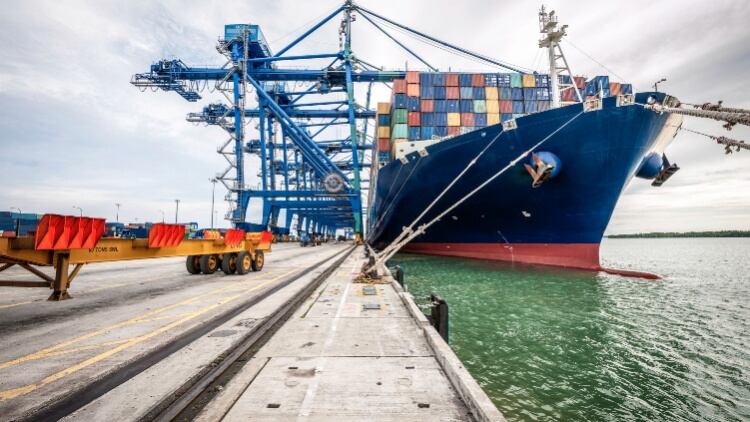The demise of an agreement that allowed Ukraine to export grain through the Black Sea could trigger increased volatility in global food prices and lead to food insecurity.
The deal, agreed with the support of the United Nations and Turkey in July last year, helped stabilise grain markets and cap rapid price rises.
It also eased concerns about food security in areas of the world reliant on Ukrainian and Russian food supplies. More than 32 million tonnes of corn, wheat and grains have been exported by Ukraine since the agreement was signed.
However, this latest development threatens to cause famine and price hikes, according to Alberta Guerra, food policy expert at ActionAid.
“Global food prices have been declining in the last months and with it the cost of cereal, thanks very much to this initiative,” Guerra said.
“Recent research by ActionAid found that communities have been severely impacted by food prices, often paying up to 10 times what they spent before the start of the Ukraine war.”
Grain deal stop-gap solution
Meanwhile, Sofia Monsalve Suarez, expert with IPES-Food and secretary general of FIAN International, said that governments have been relying on “stop-gap solutions” to reduce hunger and to keep prices down since the start of the war.
“The Black Sea grain deal has helped provide some respite, calming highly volatile food markets and preventing last year’s food price crisis from being even worse,” Suarez added.
“Russia pulling out of the Black Sea grain deal is bad news for the 2.4 billion people suffering food insecurity right now – who could now see food prices rise again, as speculators take their cues from the diplomatic situation. But it was always the most fragile of solutions.”
You can also read Laura Capper’s, head of manufacturing and construction at NatWest, take on how global instability has impacted supply chain security here.





